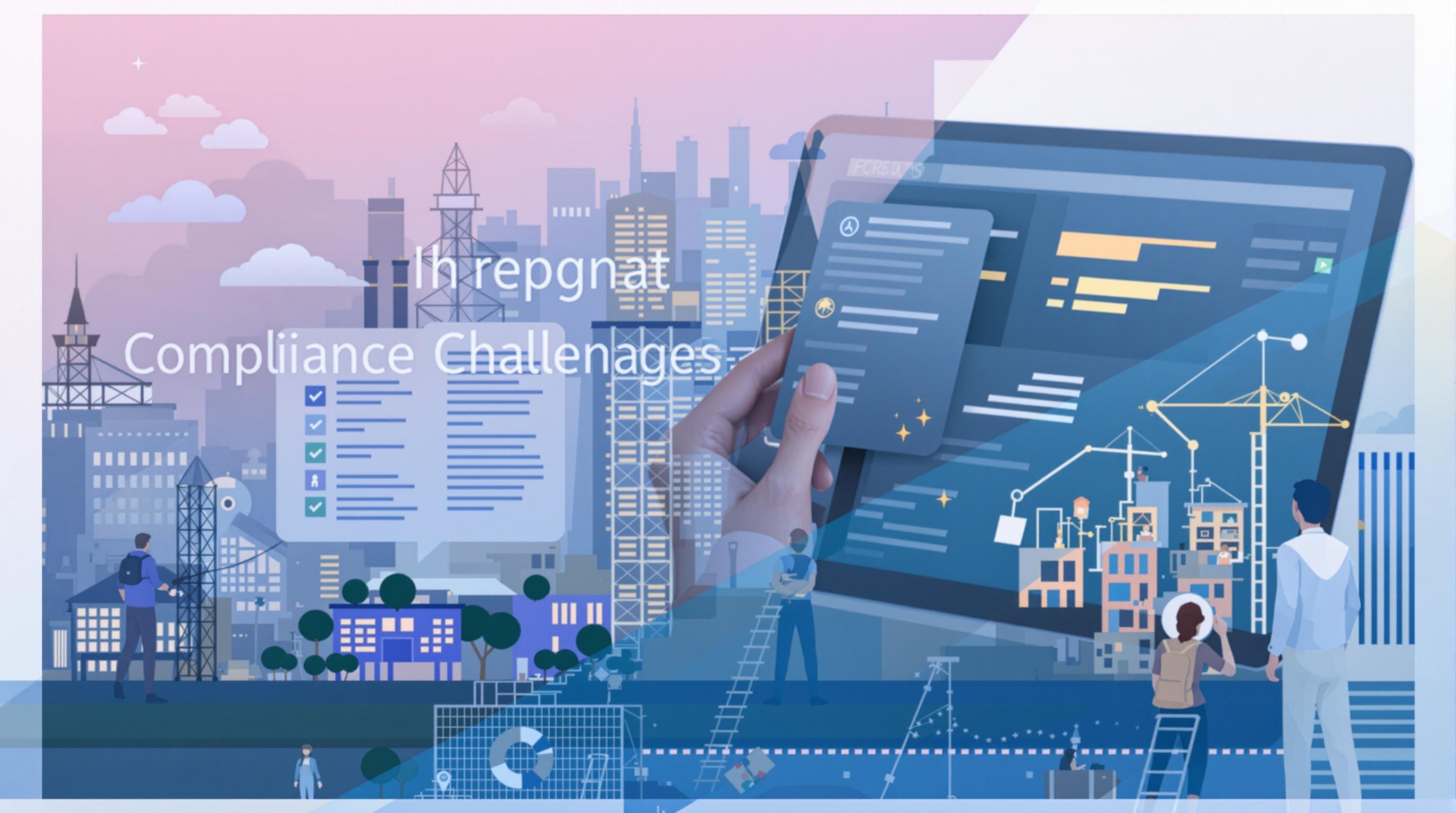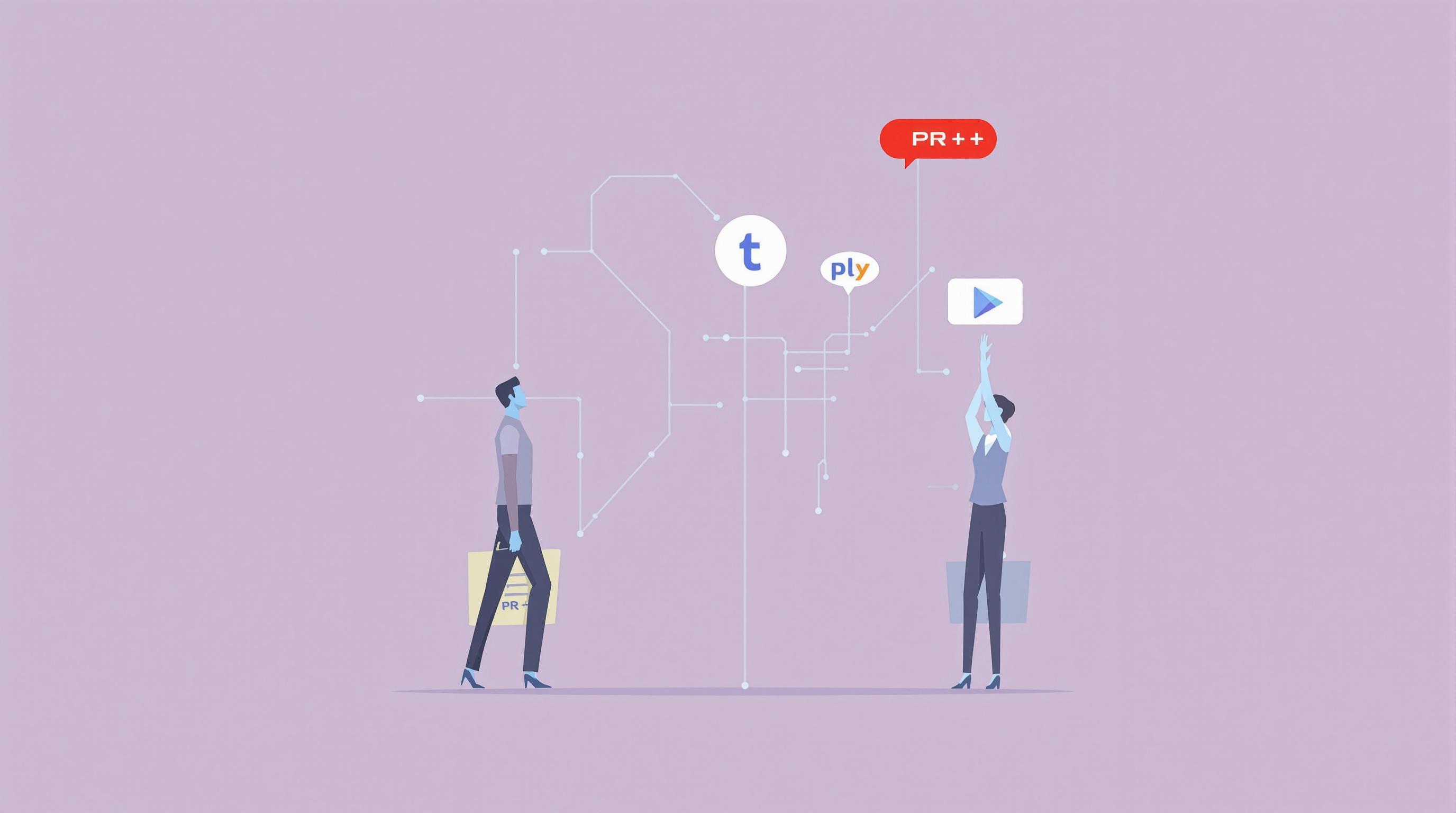Related Articles
- Top 6 AI-Powered Support Tools From the Last Five Years Revolutionizing Customer Interaction Efficiency
- Top 6 Subscription Pricing Strategies Powering SaaS Growth Since 2019 Compared and Ranked
- 7 Game-Changing Support Platforms Released Since 2019 That Are Redefining Customer Service Excellence
- Top 6 Cutting-Edge HR Solutions Revolutionizing Hybrid Workforce Management Since 2019
- Unveiling the Shadow Costs: How Hidden Fees Shape Consumer Trust and Loyalty in Commercial Transactions
- 7 Emerging Project Management Apps from the Last Five Years That Outsmart Legacy Giants
5 Unexpected Ways HR Software Can Transform Employee Retention Strategies
5 Unexpected Ways HR Software Can Transform Employee Retention Strategies
5 Unexpected Ways HR Software Can Transform Employee Retention Strategies
1. Data-Driven Insights to Predict Turnover
Traditional retention strategies often rely on intuition and anecdotal evidence, but HR software enables organizations to leverage data analytics to predict employee turnover. By analyzing patterns in attendance, performance reviews, and engagement surveys, companies gain actionable insights into who might be at risk of leaving.
This predictive capability allows HR teams to intervene proactively with personalized retention efforts tailored to individual needs. For example, if the data highlights declining engagement scores within a particular team, targeted team-building initiatives or workload adjustments can be implemented.
According to Deloitte’s 2023 Global Human Capital Trends, organizations using predictive analytics improve retention rates by up to 15%, underscoring the power of data in shaping efficient retention strategies.
2. Streamlining Onboarding for Lasting Impressions
First impressions matter deeply in employee retention, and HR software can transform the onboarding process to ensure new hires feel welcomed and valued from day one. Automated workflows help deliver a consistent and engaging onboarding experience across teams and departments.
By integrating e-learning modules, virtual tours, and personalized welcome messages, software platforms keep new employees connected even before their first day. This reduces early-stage attrition caused by uncertainty or lack of connection to the company culture.
Research from the Society for Human Resource Management (SHRM) shows that a strong onboarding program can boost new hire retention by 82% and productivity by over 70% within the first three months.
3. Enhancing Continuous Feedback and Recognition
HR software solutions enable continuous feedback loops and real-time recognition among employees and managers. This technology breaks the traditional annual review mold, fostering a culture of ongoing communication and appreciation.
Employees who receive regular constructive feedback and acknowledgment tend to feel more valued and engaged, which correlates strongly with retention. Platforms often include features like peer recognition badges and pulse surveys to capture employee sentiment regularly.
A Gallup study reveals that employees who receive frequent recognition are 59% more likely to stay with their employer, highlighting how technology can facilitate a more responsive and supportive workplace.
4. Personalized Learning and Development Pathways
Many HR software platforms now offer personalized learning management systems (LMS) that support employee growth tailored to individual career goals. Employees can access curated courses, certifications, and skill-building exercises specific to their roles and aspirations.
This personalization helps organizations demonstrate an investment in their workforce’s future, a critical factor in retention. It empowers employees to shape their career trajectories actively instead of feeling stalled in static roles.
LinkedIn’s 2024 Workplace Learning Report suggests that 94% of employees would stay longer at a company that invested in their career development, confirming the retention benefits of customized learning opportunities.
5. Flexible Work Arrangement Management
HR software solutions have adapted to support the rising demand for flexible work arrangements, including remote and hybrid models. Through integrated scheduling, time-tracking, and communication modules, these tools make managing flexible work seamless for both employees and managers.
These options are increasingly viewed as essential retention tools, providing employees with better work-life balance and reducing burnout. HR software helps ensure smooth coordination that respects employee preferences without sacrificing productivity.
A 2023 Gartner survey found that companies offering flexible work options saw a 25% increase in employee retention, emphasizing the role of technology in enabling flexible work policies.
6. Automating Administrative Tasks to Focus on Engagement
By automating repetitive administrative tasks such as payroll processing, benefits enrollment, and compliance tracking, HR software frees up HR professionals to focus more on strategic engagement and retention activities. This shift allows for more intentional employee relationship management.
Automation reduces errors and speeds up routine processes, creating a smoother employee experience. When employees perceive administrative efficiency, their overall satisfaction with the organization often improves.
The HR Technology Conference & Exposition reports that automation can improve HR productivity by up to 40%, indirectly contributing to better employee retention by allowing more time for people-centered initiatives.
7. Facilitating Cross-Department Collaboration
Modern HR platforms often include collaboration tools that break down silos between departments and teams. This enhanced connectivity promotes knowledge sharing and fosters a sense of community among employees, key factors in retention.
When employees feel connected beyond their immediate group, their engagement and loyalty to the broader organization increase. Collaborative workflows can also identify and address issues affecting employee satisfaction in real time.
According to a McKinsey report, organizations with effective collaboration practices are 21% more likely to retain high performers, supporting the role of HR software in uniting fragmented teams.
8. Tracking Well-being and Mental Health Trends
Employee well-being is a major retention driver, and some HR software now integrates wellness tracking and mental health resources. These features provide managers with anonymized data on stress levels, workload, and overall morale.
By monitoring such metrics, companies can proactively introduce wellness programs, counseling options, and flexible schedules tailored to employee needs. This focus on holistic well-being helps reduce burnout and turnover.
The World Health Organization reports that workplace mental health initiatives can decrease absenteeism by 27% and turnover by 18%, highlighting the importance of these software-driven insights.
9. Simplifying Career Path Transparency and Succession Planning
HR software can map out clear career paths and succession plans with interactive dashboards that allow employees to visualize potential progression within the company. This transparency helps employees understand what skills and milestones are required for advancement.
Succession planning supported by data insights ensures companies are prepared for leadership transitions, which increases employee confidence in long-term organizational stability. Employees who see a future for themselves at the company are more inclined to stay.
A Harvard Business Review study notes that transparent career development reduces voluntary turnover by as much as 30%, underscoring the retention impact of clear progression pathways.
10. Leveraging AI for Personalized Employee Experiences
Artificial intelligence within HR software tailors communications, recognition, and development opportunities to individual employee preferences and behaviors. AI can analyze vast data points to recommend personalized engagement strategies.
This level of customization helps meet employees’ unique needs and expectations, making them feel understood and supported. AI-driven chatbots also provide 24/7 assistance for common HR queries, improving employee satisfaction.
According to PwC’s Future of Work report, companies using AI in HR see a 12% higher retention rate as personalized experiences foster deeper employee loyalty.




